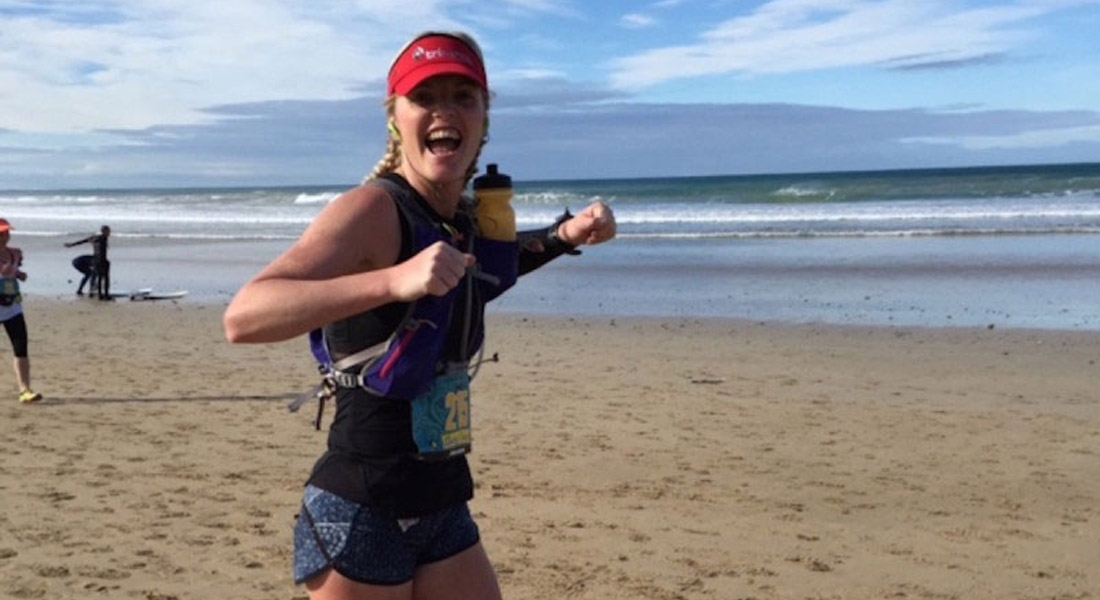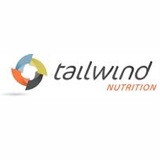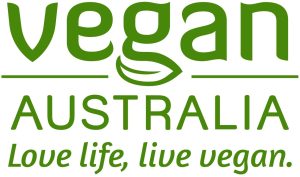How to fuel for an ultra marathon
You’re going to run an ultra marathon and yes you have been training the legs and mind but have you trained your stomach? Bad digestion on race day can really muck up your day to put it mildly. Try pushing yourself to the limits when all you can think of is your overwhelming gut ache and God dam where’s the toilet? Issues such as these can really slow your race down even bring you to your knees (believe me when we say this has happened to us).
Its not just about physical training
Rightly so there is a huge emphasis on physical training, getting the miles in and ensuring you’re strong enough to power up and down those hills but did you remember to train with race fuel One of our greatest lessons in our training sessions has been to eat, eat some more and eat more after that and even then, we need to keep eating. Overloading the guts during training sessions isn’t always a bad thing.
Overload the gut in training
Just as you’re about to head out the door or a 45min interval session, down 500ml of electrolytes or water and see how you feel. The first time you do this we almost guarantee the liquids will see the light of day not too far into the session and you may even end up with the stitch before hand but do this a few times, and your system will get use to this feeling and it will become easier.
Eat solids
We have heard so many times that people can’t run on a full stomach. that having any foods in the gut causes issues, the stitch and the need for the loo but if you don’t train on food, how are you going to get use to it especially if running over 30km where you will most certainly need fuel? We are not saying head out the door on a run with a Mexican burrito and side of nachos in your system but if running in the morning, have that bowl of muesli or toast with nut butter and jam, start slowly and go run.
Time your food
The key to running with food in your system and not experience issues is to train with a gut full of food, to get familiar with the feeling and for your body to adjust – eventually the issues such as hunting down a toilet will become not so frantic. So Saturday…you have a good few hours of running ahead of you and you need to start well fuelled to see you power to the finish line with your dignity intact.
Timings
1 to 2 hours pre run
Eat a meal that combines healthy fats, complex carbohydrates and protein
30 minutes pre run
Consume simple carbohydrates, you need a quick source of fuel here for quick energy and that are easily digested.
During the run
The focus here is quick energy (carbohydrates) and electrolytes. If you do have issues consuming solids (but once again this can be overcome with training) consume carbohydrates in a gel or drink format.
Immediately post run (within 30 minute window)
You need to replenish your glycogen stores so we recommend a carbohydrate-based drink with a 4:1 ratio of carbohydrates to protein. Smoothies or juices are good here because sometimes the thought of eating solids can just be too much for the digestion to deal with.
1 to 3 hours post run
Protein, this is when you need to consume adequate amounts to really kick start the recovery process and repair & form strong muscles.
Fuelling plan for 50+km
1 to 2 hours pre run
1 piece sourdough
Sautéed baby spinach
½ avocado
1 roasted tomato
30 minutes pre run
Date & walnut loaf sweetened with coconut sugar
During the run
1L carbohydrate drink
1.5L water
2 At One Banana and Pecan bars
2 mandarins
2 small roast potatoes cooked in lemon & salt
2 gels (if needed)
Salt tablets
Immediately post run
Kale smoothie made with coconut water, cashews, bananas, hemp protein, matcha tea, maple syrup and ginger.
1 to 3 hours post run
Scrambled tofu with kale, mushrooms, pepitas, quinoa and black beans
Be well rehearsed
Have a food & hydration plan that is well rehearsed. Know everything you are going to eat on the day has been tried and tested. No surprises. Don’t try anything new on the day and pack more food than you need – its good to be prepared.











Leave a Reply